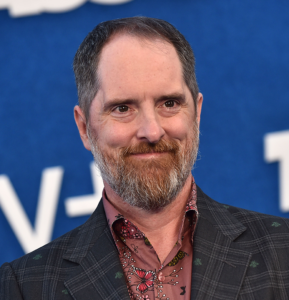 One of the things I do that might make people think I’m a little crazy is that I rewatch my favorite series, over and over again. It’s partly for comfort and reassurance: I know how things will turn out in the end, and during a tough year, that’s helpful.
One of the things I do that might make people think I’m a little crazy is that I rewatch my favorite series, over and over again. It’s partly for comfort and reassurance: I know how things will turn out in the end, and during a tough year, that’s helpful.
But I also learn a lot as a writer from watching and rewatching, experiencing how the stories are told and what decisions the writers and directors have made with their audience in mind. I notice something new every time through.
For instance, I don’t know for sure how many times I’ve watched all of Poldark (all except the last season, which isn’t in any of Winston Graham’s excellent books). But it’s enough to have noticed that the writers stole a few lines from Jane Austen here and there (I’ve also rewatched Pride and Prejudice about a gazillion times). “My mind was more agreeably occupied,” for instance. I’ll leave you to figure out the context for yourselves.
Why Ted Lasso?
It’s true that a lot of my repeat watching is in the realm of costume dramas. Few contemporary series have inspired me to lose myself in them more than once (The Gilmore Girls is one—who doesn’t love that sparkling script?). But Ted Lasso has the trifecta of appealing elements:
1. Great script, full of clever allusions and witty banter.
2. Characters you can just fall in love with, who have dimension and heart and real character arcs.
3. A series-long story arc that is cleverly sustained without feeling contrived.
That’s the thing about a series. A single episode is like a short story, but the entire series is a novel.
A series has to have a long story arc that makes sense and keeps the viewer engaged.
At least, this kind of series. We get to know Ted Lasso himself over many episodes. Things are revealed about him that might not even be directly related to the specific episode in which we discover them. The pacing of these revelations makes us care more and more deeply about Ted and see him as a complex, rounded person.
The same is true to a lesser extent about the secondary characters: Rebecca’s search for respect in a world dominated by men; Keeley’s desire to be herself and be valued as a smart, savvy woman; Roy Kent’s coming to terms with the end of his career as a player, and so on.
And then we come to Coach Beard.
Don’t get me wrong—Coach Beard is a great character.
He is a terrific foil to Ted. He makes Ted’s ability to coach a team in a sport he knows nothing about sort of believable, because he’s an encyclopedia and has really done his homework. He’s quirky, a little unpredictable, and his relationship with the girl he meets is truly a shambles.
However, his arc is somewhat forced compared to the others, and there’s a whole episode about him that could be cut and not affect the series in the slightest.
Coach Beard’s errant ways.
First, it’s abundantly clear that the writers and actors all had fun making this series. It’s also of interest that those two categories overlap—a lot. If you look at the listing in IMDB, five of the twelve credited writers were actors in the series, and they were the ones who developed and wrote the most episodes.
Brendan Hunt (Beard) helped develop many of the episodes, but he only wrote one. And without a doubt, even without looking it up (which I did, just to be sure), he wrote episode 9 of season 2, “Beard After Hours.” (You’ll have to go to Apple TV to watch the whole episode; the link leads to a single scene.)
I’m not the only person who questioned the decision to inject this episode into the series. It’s clearly a vehicle for exploring Beard’s character. But that—in my opinion—isn’t enough to justify its existence.
What doesn’t “Beard After Hours” do?
1. It doesn’t advance the plot.
I’m talking about the series plot here. Nothing has changed by the end of the episode. We don’t really need to know any of what that scene reveals about Coach Beard in order to fully experience the series.
I will confess that the first time I watched the whole series, I skipped that episode, just based on its description. This time through, I decided to watch it, to make sure I didn’t miss something vital. I didn’t.
2. It doesn’t advance Beard’s character arc.
If this episode clearly moved Beard along in his journey through an unhealthy, rather twisted relationship and informed his actions later in the series, there might have been a tenuous reason for including it. But it really doesn’t. He’s essentially the same afterwards. In other words, it didn’t need to be a scene. It could have been summary.
3. It’s confusing and lacks coherence in itself.
The essential “whys” of each scene in this episode are either very well hidden or completely lacking. It’s a classic example of “this happened, then this happened…” Occasionally there’s a cause/effect relationship, but it seems as if the writers have taken pains to hide it. I can imagine them deciding to give it the illogical structure of a dream. But it’s such an anomaly compared to the other episodes, it calls attention to itself in a negative way.
Basically, this episode does exactly what I advise my book coaching clients not to do.
“But I really like this scene!”
“I put that in just to give more info about the character.”
“I wanted to do something innovative with the form.”
“[Insert name of famous author] does this in [insert name of famous book].
There are many reasons writers initially write scenes that they end up cutting later. Sometimes you just have to get it out of your system to see that your novel can breathe without it. At other times, you think it’s important for the structure, but then something changes and you discover it isn’t. Finally, you want to flex your writing muscles and show off a little.
And about that famous writer: look carefully and make sure there’s no plot reason for the seemingly superflous scene. Great craft doesn’t always leap off the page and say “Look at me!”
Bottom line: the story is more important than your beautiful writing.
Unlike the makers of Ted Lasso, you have the luxury of deleting things with a few keystrokes. You won’t have spent hundreds of thousands of dollars on production already.
I still hear you asking why you can’t keep those nuggets in your story.
The answer is of course you can. But if you do, if you really can’t bear to part with those words, you risk:
• Slowing the pace—something that could result in a reader deciding they’ve had enough of your story.
• Jolting the reader out of the story—which breaks the flow and decreases reader engagement.
• Confusing the reader—which also jolts them out of the story as they find themselves wondering what the heck is going on.
It all boils down to the fact that you need a story reason behind every scene in your novel. You need to think about how a reader will experience the book, and what things could jolt them out of it—and be honest about it.
In Ted Lasso, I could just jump to the next episode, which I was willing to do because I had expectations based on what had happened so far. If I’d been reading a book, I would have been a bit annoyed by the sudden shift away from the central storyline and in a style that was quite divergent. I would have been even more annoyed in the end to discover that it was a blip, an anomaly, that wasn’t somehow paid off in the end.
Sermon over. If anything, all this should be very encouraging to newer writers. Even experienced writers with a lot of money riding on the story can take missteps.
As a book coach, it’s my goal to make sure the writers I work with end up with cohesive, solid drafts that keep readers turning the pages. Sometimes that involves telling them to cut, cut, cut.
If only the director of season 2 episode 9 had said, “Cut!” before the shooting even started…
Want to have a chat about your project?
Coaching writers to write the best book they’re capable of is one of my greatest pleasures in life. Seriously.
I start with a conversation (a conversation that doesn’t commit you to anything). That way we can both see if I’m the right coach for you and your work, or even refer you to another coach in my network if we’re not a fit.
Take the plunge! Fill out the form and let’s talk.
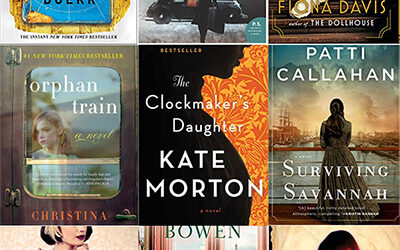
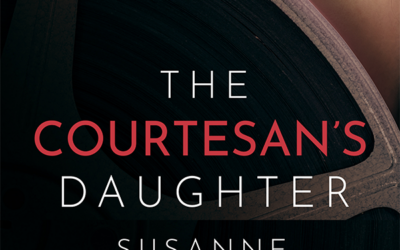



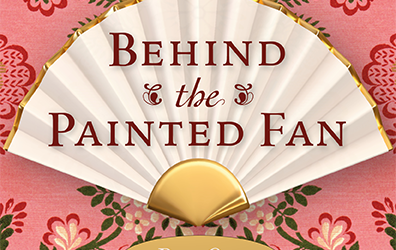

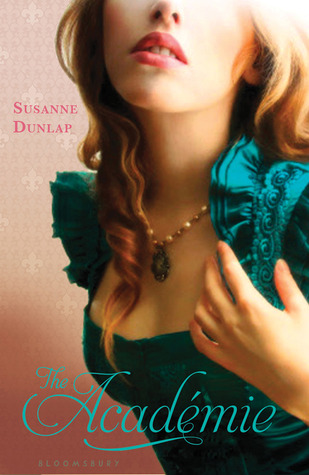
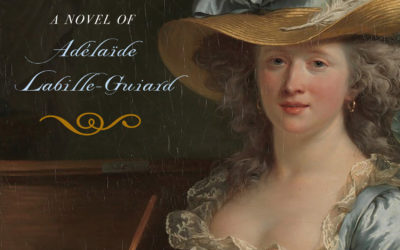


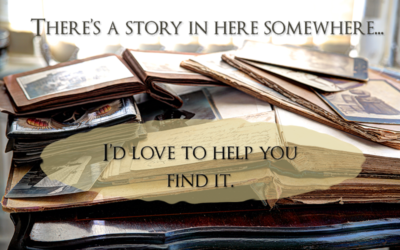
0 Comments